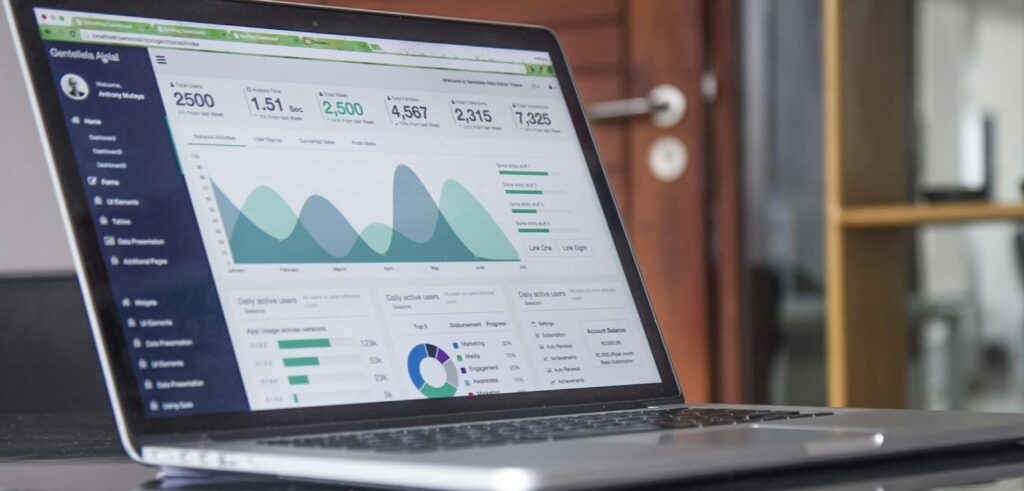Top CRM Strategies for Transforming Dealership Operations

The ever-evolving dealership market calls for masterful strategies that streamline operations, drive customer satisfaction, and boost sales performance. One of the most powerful tools for achieving this is a customer relationship management (CRM) system. Indeed, when leveraged effectively, Top CRM strategies can transform how a dealership operates, ensuring smoother workflows, better customer interactions, and, ultimately, increased profitability.
Moreover, a CRM system isn’t just a customer information database; it’s a comprehensive platform that integrates various aspects of your business, from sales and marketing to customer service. Hence, implementing the right CRM strategies gets you ahead of the curve in sales and quality service delivery. So, let’s explore some of the most effective CRM strategies that can revolutionize your dealership operations.
1. Centralized Data Management
Data plays a vital role in the success of an organization. You need to create a replica of a briefcase when it comes to data management and storage by creating a centralized data management system. Emphatically, keeping all your customer data in one centralized system allows for seamless access and management of data.
Most importantly, this strategy eliminates the confusion of scattered information and ensures that everyone in your dealership has up-to-date, accurate information at their fingertips. Here are some of the benefits of having a streamlined data pipeline:
- Enhance data accuracy by avoiding duplicates and inconsistencies.
- Streamline communication within your team and with your customers.
- Improve decision-making with real-time data insights.
2. Personalization of Customer Interactions
Customers appreciate a personalized approach and are often prompted to come back depending on their previous experience. You can use your CRM to tailor interactions based on customer preferences, purchase history, and behavior patterns. Hence, your best bet is to improve your client’s experience by offering personalized services to build brand loyalty. Some of the key strategies to deliver customized services include:
- Segment your audience to tailor marketing campaigns.
- Customize follow-ups based on previous interactions.
- Send personalized offers that resonate with individual customer needs.
3. Automation of Routine Tasks
Automating routine tasks frees up valuable time for your team to focus on more critical activities, such as building relationships and closing deals. CRM systems can also automate tasks like sending follow-up emails, scheduling appointments, and updating customer records.
- Reduce manual data entry to minimize errors.
- Set up automated reminders for follow-ups and maintenance schedules.
- Streamline workflows to enhance productivity and efficiency.
4. Integration with Other Systems
Your CRM system has to harmonize with other vital systems, such as your dealership management system (DMS), marketing platforms, and financial software. Undeniably, this integration provides a holistic view of your operations and eliminates data management chaos.
- Facilitate data sharing across departments.
- Enhance reporting capabilities with comprehensive data.
- Simplify workflows by connecting various systems.
5. Data-Driven Decision Making
Companies often struggle with transparency and accountability, and data analytics offers an excellent solution. You can rely on your CRM’s data analytics and reporting features to make informed and transparent decisions. In addition, you can identify opportunities for improvement and growth by analyzing customer data, sales trends, and performance metrics.
- Monitor key performance indicators (KPIs) to track progress.
- Identify sales trends and adjust strategies accordingly.
- Make informed decisions based on accurate data insights.
6. Customer Feedback and Continuous Improvement
Delivering services without collecting customer feedback is like cooking without a recipe; you never really know what to expect. Use your CRM to gather and analyze customer feedback. This helps you understand customer satisfaction levels, areas of weakness, and what to anticipate at the end of the transaction. Furthermore, implementing changes based on feedback shows customers that you value their opinions. So, some of the best ways to gather and utilize client feedback include:
- Collect feedback through surveys and follow-up calls.
- Analyze feedback to identify common issues and areas for improvement.
- Implement changes to enhance customer satisfaction and loyalty.
7. Training and Support for Your Team
Ensure your team is fully trained on how to use the CRM effectively. Besides, continuous training and support can help them utilize the system to its fullest potential, ensuring that your dealership reaps all the benefits.
- Offer regular training sessions to keep skills sharp.
- Provide ongoing support to address any issues or questions.
- Encourage best practices for CRM usage.
To sum up, with the best CRM strategies you will not only transform your dealership’s operations, but you will also stay afloat in the competitive and ever-changing dealership market.
So, for more in-depth insights and expert advice, watch this Dealercast episode, where we review these strategies. Don’t miss out on the opportunity to take your dealership to the next level.


